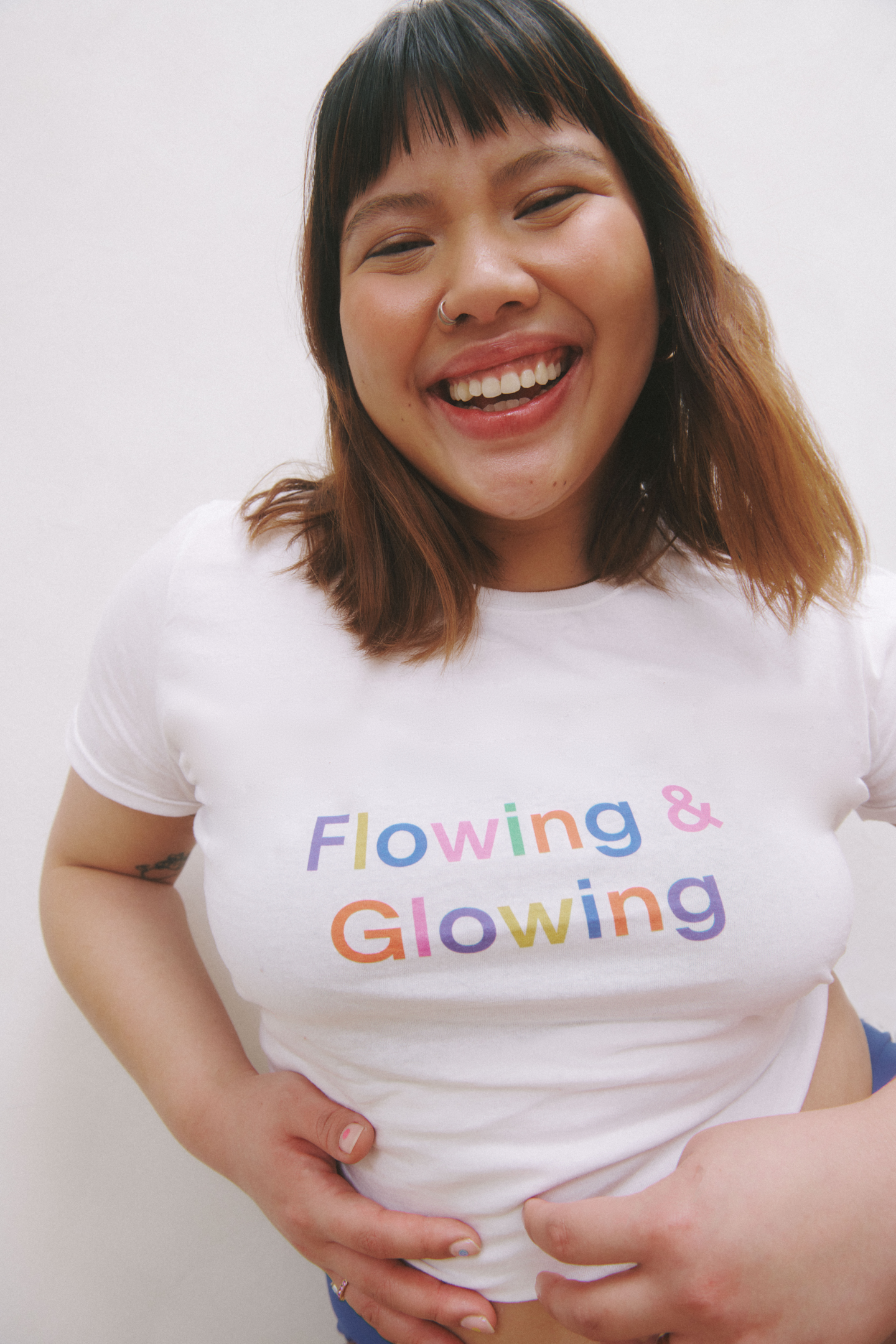Most girls and young menstruators start their periods at the average age of 12. However, it is not uncommon for their very first period to begin as early as 8 years old. Puberty starts on average between the ages of 8 and 13, so if your child's first menstrual cycle falls within this age range, that is considered a normal puberty.
An early puberty, also called precocious puberty, is when the body starts hitting puberty at an early age, particularly before 8 years of age, and has started showing signs of sexual maturity. If your child is under the age of 8 and has experienced menstruation, pubic hair, growth spurt, and breast development or breast buds, this could indicate that they have reached puberty earlier.
Now that you've got a basic understanding of what a precocious puberty is, let's jump right into the questions.

Q: "My daughter started her period at age 5. Is that normal?"
There is usually nothing to be concerned about when your child starts their period at a young age. In young girls and young menstruators, the brain has simply signalled the pituitary gland to release hormones to the ovaries earlier than it should, which causes them to start menstruating. Sometimes this could be a genetic thing, or it could happen for no reason at all.
In rare circumstances, an early period could be a sign of an underlying medical issue, such as a thyroid, ovarian, or pituitary gland problem. However, they are usually accompanied by other symptoms unrelated to precocious puberty. If you are at all concerned, make an appointment with your child's doctor. They may refer you to a pediatric endocrinologist, who will administer blood tests to check for any hormone imbalance.
Q: "I think my child is going through early puberty. What can I do?"
There's lots you can do! Your child will need your support more than ever. Going through early puberty can sometimes be a hard and confusing time for most children. They may feel embarrassed by their early sexual development, or confused as to why their bodies are going through all these changes when others around them are not.
It's important to have an honest and open discussion with them about the changes happening to their body, and remind them that everyone experiences puberty at different times. Keep an eye on their emotional and mental well-being, their performance at school, and any unusual changes to their moods. Avoid making jokes or comments about their changing appearance. And make sure to regularly praise them for their achievements! This will go a long way in helping them develop a healthy self-esteem and body image.
Q: "What can I do to prepare for their first period?"
It's a good idea to start stocking up on period products, whether it's pads, tampons, menstrual cups, or period underwear. Remember to have a variety of menstrual products available, as your child may find some more comfortable and easier to use than others.
Most importantly, just let them know that what they're going through is completely normal, and reassure them that you are always here to help! It never hurts to remind them that no topic is taboo or off-limits in your household.



